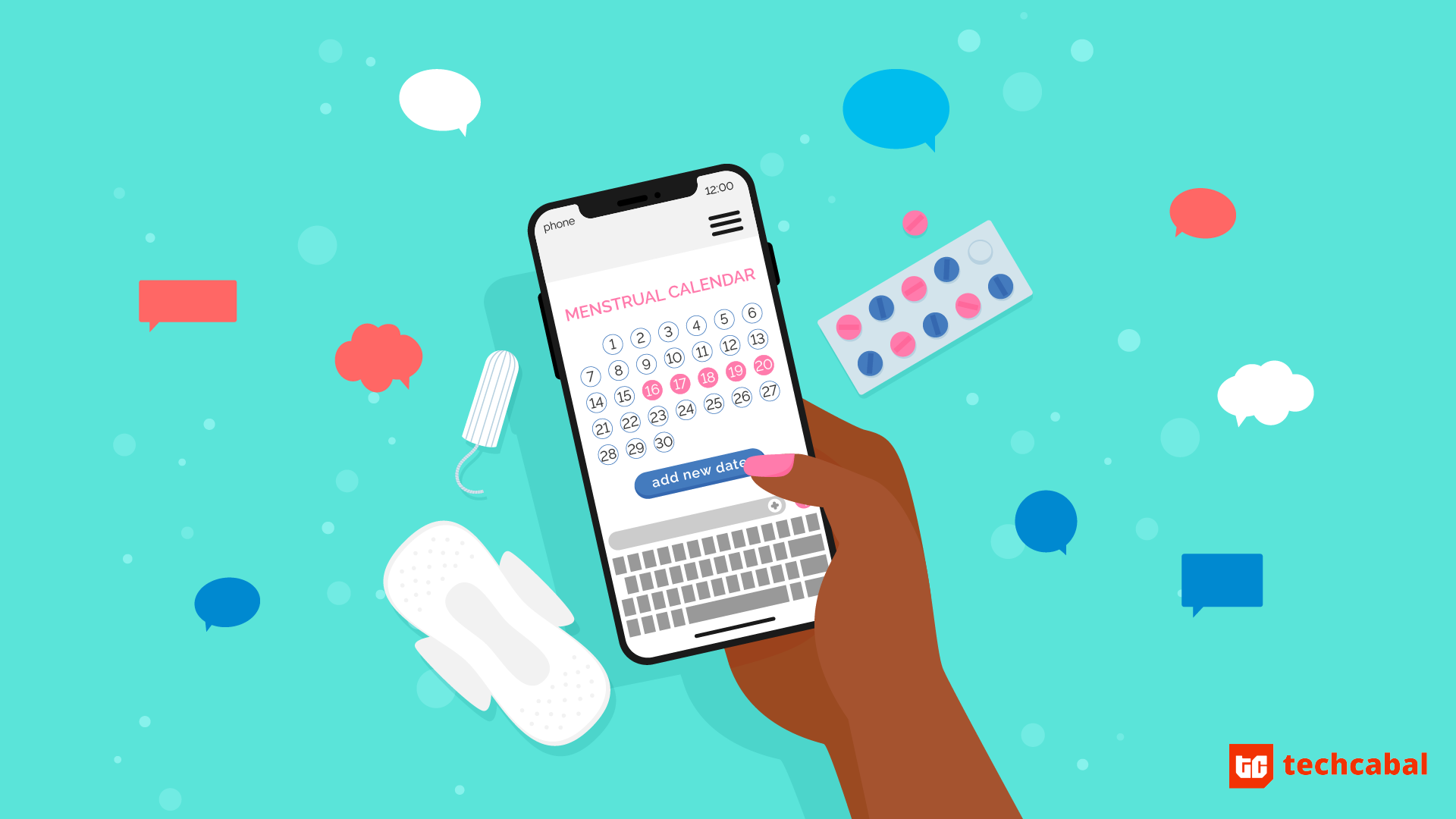Since the term was coined in 2016, femtech, a sub-sector in health technology dedicated to creating solutions that address female wellbeing continues to gain traction and attract VC funding globally. In Africa, however, the space is still very much in its budding phase. This segment is dedicated to telling stories of innovators, their solutions, the investors and challenges of the sector as it blooms in the continent.
South African menstruation app, Uteroo, started as a side project.
In 2016, Software developer Pabi Moloi wanted to try her hands on building a menstruation tracker after coming across a number of others, usually developed by non-Africans.
“It wasn’t my intention to take it to the Play Store. I wanted to just keep it as a side project to keep myself busy,” Moloi tells TechCabal.
In many parts of Africa, menstruation goes beyond monthly biological events that women go through for most of their reproductive years. It is also a source of shame, mental health challenges, highlighting economic class disparity.
Behaviours and conversations around menstruation are still shrouded in secrecy and references are still indirect from cheeky slangs and phrases like Aunt Flo, Time of the Month, Granny’s Stuck in Traffic, The Red Ferrari is Here to more damning ones like I’m Dirty or Untouchable.
Moloi says this was why she thought to take Uteroo beyond being a passion project. Last year, in August during National Women’s Month, she launched the app on Play Store. So far, people have been receiving it quite well.
“Especially my male friends, I’ve been quite surprised,” Moloi says.
The app has also sparked a more open conversation with her mother about menstruations, a topic she’d previously been very tight-lipped about.
At the moment, the app has been downloaded by more than 120 people, and has 58 active users.
More recently, it has been uploaded to the Huawei app store for Huawei users and an iOS version will be released early next year.
Uteroo is not at all different from any of the menstruation trackers developed in American or European countries and popularly used in the continent. The app allows a user to track their menstruation and predict the start of menstruation as well as ovulation cycles. What these do is prevent accidental cloth stains that lead to embarrassment or suicide.
“I’m thinking of introducing other features and maybe having a medical board so that the information on the app is reviewed and verified,” Moloi says.
One of these add-ons Moloi is considering is making the app multi-lingual.
In South Africa alone, there are at least thirty languages indigenous to the country, 11 of which are official.
With the exception of Rwanda, most African countries have at least three to five native languages spoken by varying numbers of people across various geographical locations. Because much of the technology the continent consumes is developed in the west, they often come in more globally accepted languages like English which, arguably, can sideline a percentage of potential users from accessing such tools.
For instance, in South Africa, a 2018 survey said just 8% of indigenes converse in English at home, school and work. Afrikaans, one of the county’s official languages, was found to be the predominant choice of everyday communication.
Much of the femtech development on the continent has been around discreet access to reproductive health information and products from contraceptives to menstrual hygiene.
These are often geared towards addressing the cultural taboos around these concepts especially where women are concerned. Trackers such as Uteroo, platforms such as FemConnect which connects girls to free menstrual care products and e-commerce companies like Kasha are working to fill this product and information gap in ways that are convenient and discreet.
However, to ensure more girls and women have access to quality products and information, this idea of creating diverse language options that cater to indigenous languages who need these femtech tools is one that must be considered greatly.
In a sense, it may be the only differentiating factor between an African-made and Africa-focused menstruation app and one made by non-African femtech companies, but it is one seemingly small addition with very wide-reaching benefits.
‘It will be a very big task to take on,” agrees Moloi. “I’ll like to make it multilingual because I think we understand things better in our own languages.”
In addition to plans to add more languages to the app, Moloi has registered Uteroo as a company this year and is looking to take the app’s impact as wide as is possible.
“I would love to have time to be underground to see how people actually interact with the app so it feels like it is catered to people at home,” she says.





















